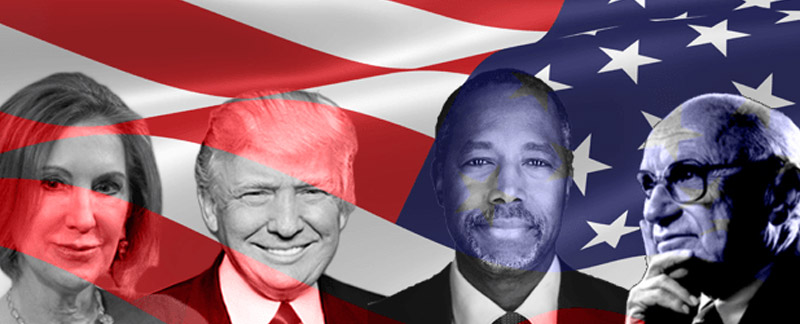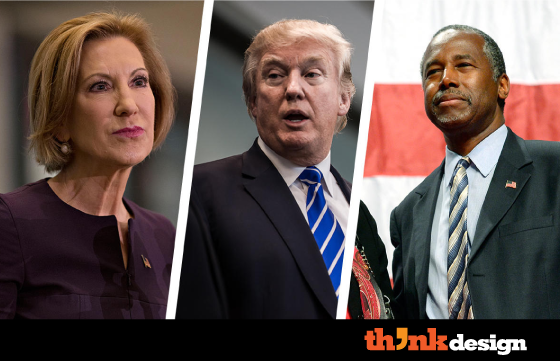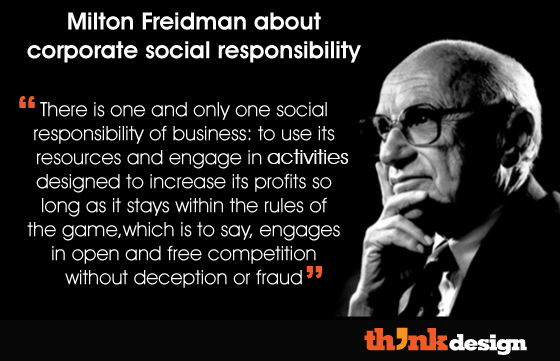#EntrepreneurSpotlight: Social Entrepreneurship for a New Type of Presidential Candidate

This month’s column of “Social entrepreneur spotlight” is late in being published mainly because I wanted to find a link between the presidential candidates and social entrepreneurship. My hope was in that within the list of highly disappointing of candidates there was one, just one candidate that actually focused on the value of social entrepreneurship. However, it seems we are stuck with the cyclic rotation of family dynasties starting from Bush to Clinton and throwing in Trump just to make things more entertaining.
In an era where the millennial generation will take control of the workplace it is disheartening to realize that not one of the various candidates will really able to elicit solutions to the complex problems the United States of America faces today.
Thus, instead of focusing on a specific social entrepreneur this month I decided to focus on social entrepreneurship as the economic, social and political hope of the future.
Does being a good businessperson or entrepreneur make you a good presidential candidate?

Donald Trump, Ben Carson and Carly Fiorina the three republican candidates have zero experience in elective office or military command. However, to an extent, the public feels that being a C.E.O. suggests that the individual will know how to run the presidential office of the greatest country in the world. We of course have Jeb Bush with political experience but do we really want to establish an oligarchy or monarchy by making the presidency a family establishment? By the same argument Hillary Clinton, the democratic superstar with almost two decades government experience is for me, a no go.
In the current worldview, there is a distinct disconnect between the economic crisis and the human crisis. Being a good business person will not necessarily make a good presidential candidate and understanding that disconnect is what will allow society to help solve the complex problems we face as citizens today.
What sort of president does America need today?
Jonathan Lacoste Co-founder and COO, Jebbit suggested the next president should be an entrepreneur and he put forward the caveat, “Why Should The Next President Think And Act Like An Entrepreneur?”
Though a step in the right direction, Lacoste’s analysis fell short of understanding today’s growing population. Consider, that the current business model, including entrepreneurial enterprises, are run through the idealism of the 1960s where the economics of Milton Friedman dominated societal progress. Friedman’s bottom line was that the success of the enterprise was based on the profitability it brought to the shareholder.

Yet, today the challenges have changed. The new generation thinks more contextually. While the basic concept remains providing a great product and service with profitability, the millennials want to drive social good that delivers a value proposition that creates profitability for a larger population rather than just the shareholders. In other words, they want to create social value. Perhaps if we understand that millennials at 75.3 million have surpassed the boomers at 74.9 million (and it is now time to live by the values of the millennials to create better future) our understanding of political, economic and social change will alter.
Consider the words of Bill Drayton, founder of Ashoka, the global network of social entrepreneurs: “… the vision we should set our sights on if we hope to keep up with the need for ever faster responses to an ever growing array of problems (pdf). It represents a radical departure from a world in which, for millenniums, tiny minorities of elites have been telling most everyone else what to do.”
Unfortunately, there seems to be no radical departure for the Americans in the foreseeable future. The society continues to be told how to live by the tiny minorities of elite who have seemingly forgotten what it means to be from the middle class. The fact is, we don’t need our next President to have only the characteristics of an entrepreneur, what we need is for him or her to be a social entrepreneur.
Why is social entrepreneurship a focus every future president should have rather than entrepreneurship?
Entrepreneurs are businessmen with a creative and flexible mindset. Entrepreneurs focus on the venture and this makes them more of the Freidman mindset that may in the long run prove disappointing to the millennial generation. The differentiation between an entrepreneur and a social entrepreneur is not in how they create ventures or in how they run them; rather, the difference is in the way they connect people to work together to create new life paths.
Consider how the current presidential candidates have embraced social media as a form of campaigning. The candidates have realized the value of social media as a medium for no barrier grass roots political movements that allows everybody to participate and so use, social media sites to create a diffusion of power that empowers the politicians and the citizens. Hilary Clinton streams her campaign rally on Periscope, while Bush and Trump are alive on Twitter. This same mind-set can be applied to social entrepreneurship and allow politicians to harness citizen led innovations. Sally Osberg, president and chief executive of the Skoll Foundation, states that “Social entrepreneurs excel at togetherness…social entrepreneurs don’t just pursue a social end, they pursue that end in a fundamentally communal way.”
Cheryl Dorsey, president of Echoing Green, adds, “underneath it all is a clear-eyed understanding that the job of the social entrepreneur is large-scale enrollment,” the enrollment of many people and organizations in addressing problems in new ways.”
By becoming a mass facilitator of change a president with social entrepreneurial skills can actually become a role model to the people, instigating in them the need to create change. Our society today is a mass of complex problems. No one person can create change, rather society needs to become responsive to problem-solving top to bottom.
Social Entrepreneurship as a form of Political Activism
There may always remain a distinct separation between the economic and social spheres in a capitalistic market. However, when the gap is bridged through creation of ventures that have a more enduring form of value proposition a more pragmatic form of idealism is created. Starbucks, gives all its employees’ healthcare, Whole Foods Market, demonstrates a healthy lifestyle both becoming an example of the balance between profit and social value. Understand that social entrepreneurship is not a charity. It does not go against a capitalist society. Rather, it is at the core a democratic venture where the motivation of the value is for the greater good, rather than the elite few.


